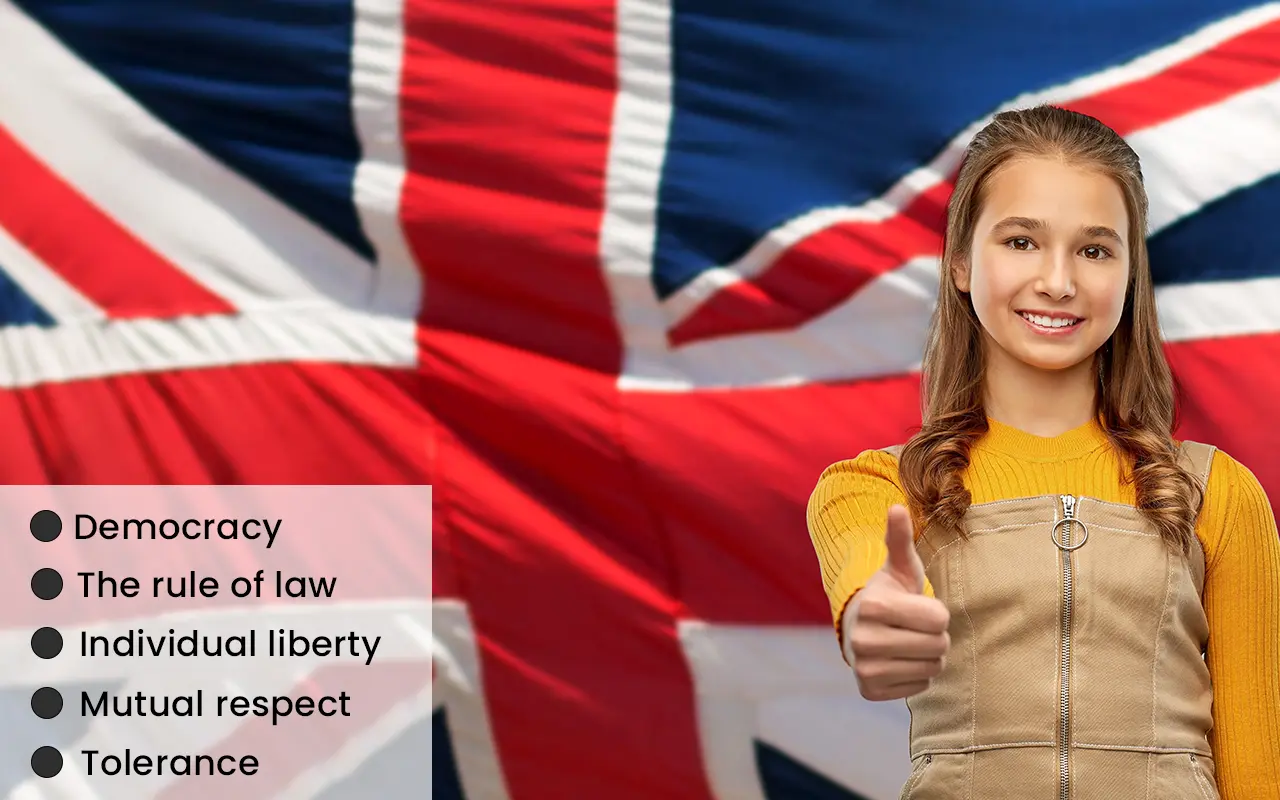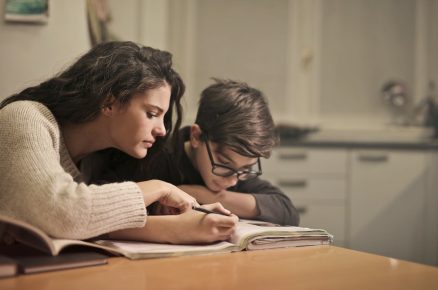Personal, Social, and Health Education (PSHE) is an educational field that tries to equip students for success in school, life, and the workforce by teaching them how to take care of their mental, physical, and emotional well-being. The primary goal of PSHE is to provide children with the information, awareness, and self-assurance they need to live healthy, independent lives.
The PSHE program at school talks about sensitive topics. Distancing methods are used to teach these so that kids can safely look into issues and ask questions without talking about or giving personal answers. Parents and educators share the responsibility of helping children develop the skills they need to succeed in today’s complicated environment.
Individuals should take charge of their health and happiness, learn about the dangers of drugs and alcohol and how to avoid them online, become more self-reliant and resilient, acquire the social and business skills necessary for success, and be able to spot and reject false information when they see it.
What are British values?
The Department for Education defines fundamental British values as:
(a) Democracy: valuing and encouraging democratic processes and practices
(b) The rule of law: Honour for the foundation on which the law is created and is applicable in England
(c) individual liberty: Upholding and protecting the rights of every individual within the bounds of legality.
(d) Tolerance and mutual respect: Advocating for fair treatment of all people and valuing diversity of thought and belief systems.
How to promote British values energetically?
Democracy:
Everyone in the school cares about democracy, political participation, and involving all students. Every school wants students to learn much about public services and institutions and value them—PSHE aims to teach students how to use the political process to impact decisions. For example, pupil questionnaires, pupil-teacher conferences, and pupil councils allow students to have their opinions heard and will enable them to share their thoughts freely.
Each year, only the students vote to choose who will serve them on the Pupil Council. This helps show some of the pros and cons of democracy and how it works in the UK. Students who are effectively involved in political processes can have an impact on and make choices about things that affect their lives at school.
Our school’s behaviour policy has rewards and consequences that the students vote on. This helps them understand more significant problems when they are learning about the values that our society is based on and how our democratic government works.
Rule of Law:
Laws are always highlighted in school, whether they rule the class, the school, or the country. This is done during regular school days when dealing with behaviour issues and during school assemblies. Students are taught to respect the laws and how they are applied in England. We want to teach kids the worth and reasons behind laws, how they protect and guide us all, what their duties are, and what happens when people break the law.
Visitors from the community and official organisations like the Police, the Fire Service, and local MPs and Councillors are welcome anytime. Their presence helps our students understand the importance of the Rule of Law. The rules and standards at school are transparent and fair, and our students know that rules are there to keep us safe, just like the rule of law keeps everyone safe.
Individual Liberty:
We help students learn more about themselves and build their self-esteem and confidence. Students need to know their rights and freedoms and how to practice them safely. Kids learn to respect other people’s rights and understand that they have responsibilities to others, which includes being responsible for how they act. Kids are constantly encouraged to make choices at school. Schools teach students to make safe decisions and set limits by giving them a safe place to learn and the necessary tools.
Pupils are free to make choices, whether by choosing a task or taking part in one of our many clubs or other activities outside of school. We support students’ right to free speech by letting them participate, but we also make sure that vulnerable students are safe and fight against misconceptions about other people. We have a robust anti-bullying attitude and actively promote it.
Mutual Respect:
Our Core Values of ethical behaviour, acceptance, teamwork, inspiring potential, and ongoing improvement are a big part of our school’s culture and rules about behaviour. Everyone, including kids, adults, and guests, should treat others respectfully. We will take action against anyone who acts in a biased or unfair way. The students discuss what this means and how it is shown when coming together.
The kids learn about and value other cultures and ways of life while we help them understand their own. This is done by ensuring students understand their place in a culturally diverse society through the curriculum and allowing them to experience that variety. After assemblies and talks about how to spot and stop discrimination, prejudice, and bullying based on prejudice, students have learned more in PSHE.
Tolerance:
Boys and girls are taught to respect and understand other people’s faiths and opinions. We support diversity, and through PSHE, we teach kids to appreciate what makes each of us unique.We are a part of a local network that arranges for kids and adults from various religions, cultures, and backgrounds to meet and make friends while enjoying multiple educational activities. To promote tolerance, understanding, and respect among all people in our society, we urge kids to take part in a wide range of activities and give them chances to help the community.
It will also allow them to know that other people may have beliefs and opinions that are distinct from their own and to take these different points of perspective.
Why is PSHE important?
PSHE is important because it helps kids learn about safety, health, and the environment. When kids study PSHE, they learn about a lot of different things that are important in the world, and it helps them get ready for adulthood. PSHE lessons are also beneficial for kids when they are teenagers and trying to figure out their lives independently.
PSHE lessons teach kids essential things they need to know to live a healthy life. They cover many topics, such as relationships, money, personal health, social problems, and drug awareness. Kids need to know about these issues so they can understand the world we live in and how to stay safe. These classes teach kids essential life skills that help them make good decisions.







Comments are closed.